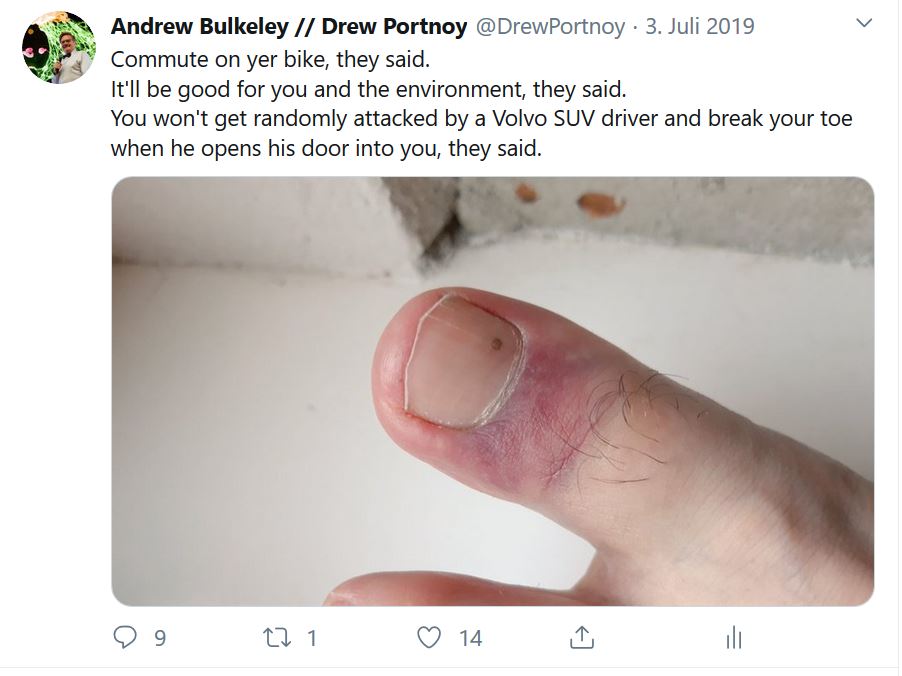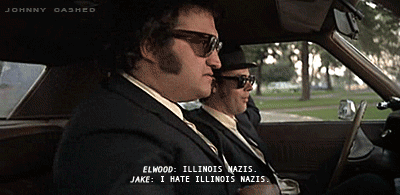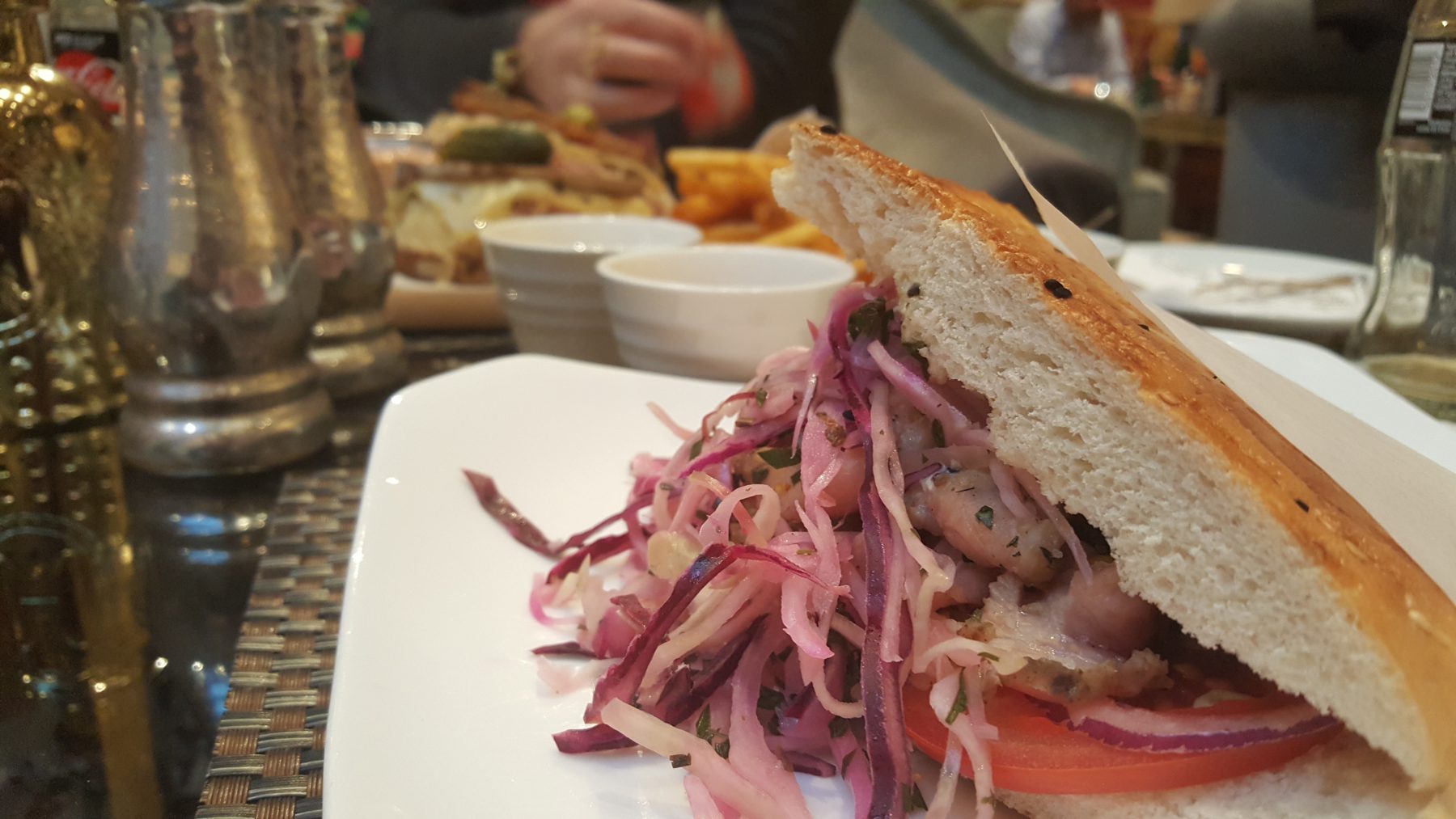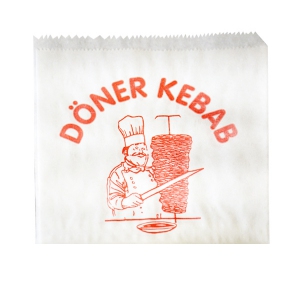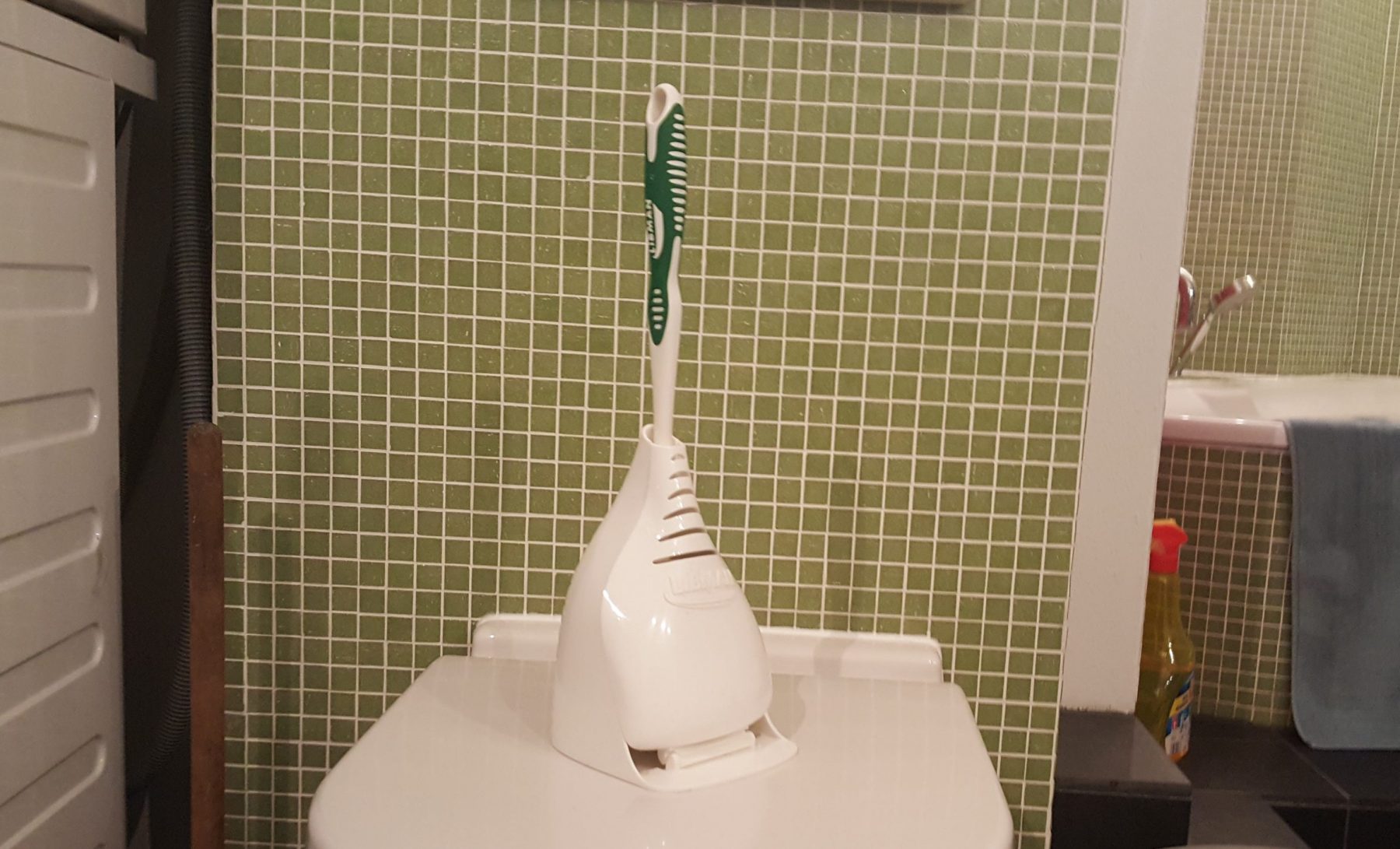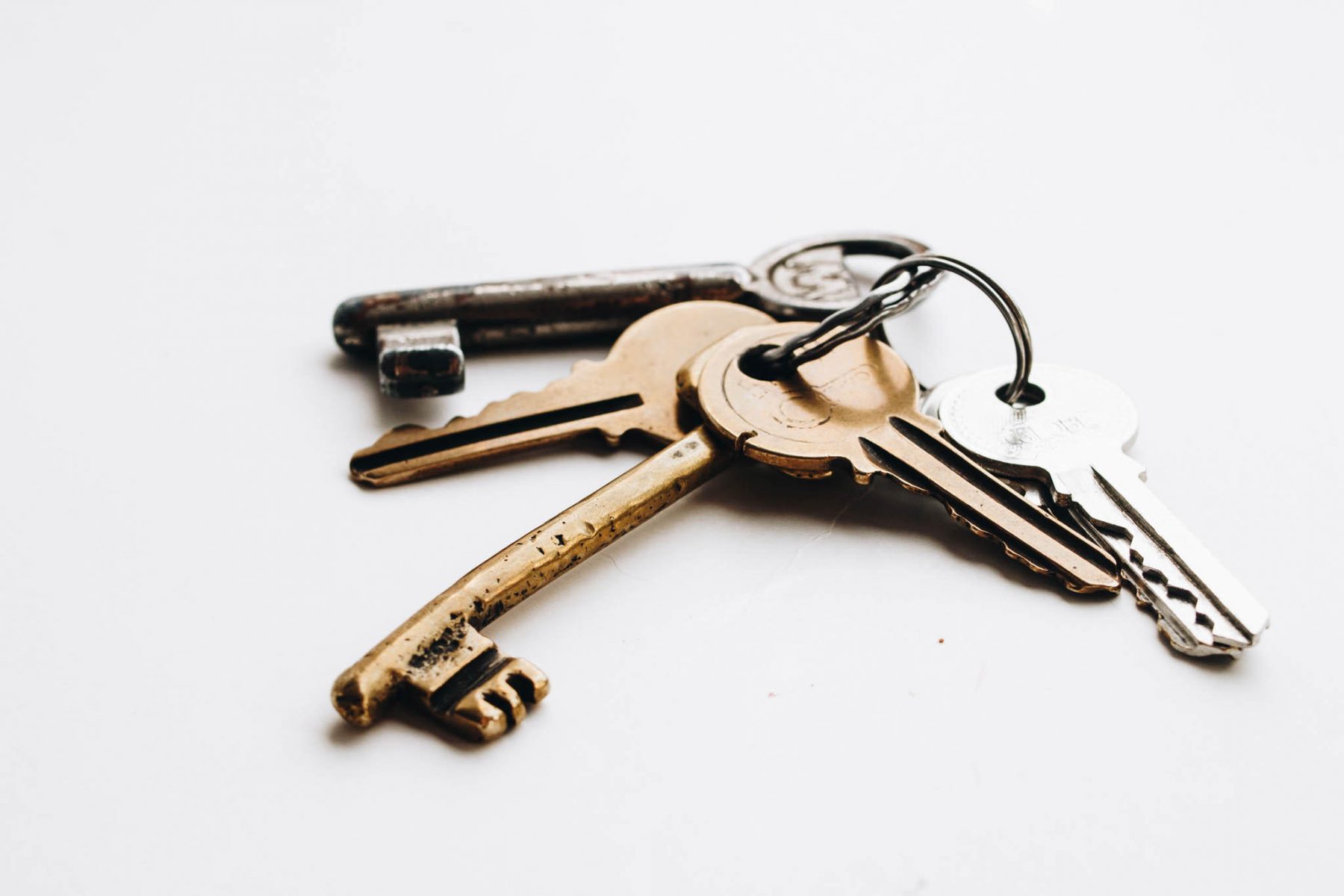Once a month my banking app notifies me of a deposit from the Arbeitsamt (the unemployment office) and once a month I am confused for a few seconds. “A deposit?” I think. “But I haven’t been unemployed for over a year. WTF?” And then a few seconds later, just like every month, I remember why I’m getting the money: Kindergeld or kid money. The nice thing about kid money? It spends just like adult money.
Every month, almost every parent in Germany gets €204 cash money for each of their first two children, €210 for the third and €235 for every kid thereafter. I have two kids – because we didn’t want three – so every month I get €408 transferred into my account. And every month, after I realize why I got it, I pause and say quietly, “Thanks, Angie.”
Yes, I really do this. It presents me with an image of Chancellor Angela Merkel settling down with a glass of cognac after a day of running Europe’s biggest economy, opening the German government’s banking app on her smartphone and then überweising (transferring, in Denglisch) me the €408. “I don’t like all of his jokes but those kids are pretty amazing,” she thinks every month when she sends me the money. “I’ve been meaning to check out his Tiktok too – fatandysindustries, I think he’s called.”
Since I spent my early adulthood in America, I got used to adulting in the US and straight up receiving cash from the government just never happened (this was pre-Corona). You know that saying: There’s probably a German word for it? In America we have a similar thing: There’s probably a tax deduction for it. Tax deductions are a thing in the US, free money from the government isn’t.
Giving your children Kindergeld instead of allowance
Germans always laugh at my amazement over Kindergeld. For them, it’s as natural as Lüften, men sitting down to pee and handling a pandemic with enviable expertise. Children aren’t cheap, they like to say, which is true. The child benefit is paid until children turn 18 or until they’ve finished vocational training and/or college but then no longer than age 25.
Many parents just start handing the money to their children at a certain age – my children are happy to tell me which of their teen peers already get the money instead of allowance. I’ll personally wait until they move out to help support college or training or whatever.
(Sort of commercial break: If you’re wondering how to apply for Kindergeld, Settle in Berlin has you covered).
If you research the history of the payment, German sources like to say Kindergeld has its roots in Nazi Germany – but what they’re referring to was a payment for poor, white families that only applied starting with the fifth – das fünftes – child. That seems different and a similar benefit is available today and not just to Aryan families – low-income applicants can get an additional €140 a month per child.
@fatandysindustries Geht’s eure/euch Eltern auch so? Thanks Frau Merkel! ##foryou ##germerica ##kindergeld ##expatlife
♬ Originalton – fatandysindustries
Kindergeld was originally to be one of the few social benefits that wasn’t tied to income and both rich and poor parents – and every in between – were to get it. But it’s no longer so egalitarian. When it was introduced in 1975, politicians eliminated the income tax deduction for dependents to level the playing field. But they reinstituted the deduction in 1983 and that’s when it became unfair – parents who earn enough can deduct their kids, which can mean a larger benefit. Poor families only get to put the money in their pockets.
While everyone gets the money each month, the German tax office, the Finanzamt, uses annual returns to calculate whether the deduction or the benefit would be more beneficial and then applies the best variation. Only a German can appreciate that level of complexity (I’ve been filing taxes with dependents for 17 years and only now discovered this. Adulting is hard! Also maybe my accountants weren’t so hot (they weren’t, I’m on my third.)).
As I learned in this Deutschlandfunk article (warning: German), the German government also likes to use Kindergeld as a pawn – they like to crow a lot about how they support families with billions every year but they include the €40 billion or so in Kindergeld subsidies as part of that example. But – and try to stick with me here – a court ruling in 1990 said that isn’t true – Kindergeld and the deduction aren’t government support at all – they’re just the German government returning taxes families shouldn’t have paid in the first place.
What?
Oh Germany, you and your complexities! It’s apparently illegal to tax someone into poverty in Germany and since children are also someone, taxing a family of two earning adults and two freeloader children the same as you would a family of two earning adults is unfair. So Germany has to give some of that cash back. Or something.
As part of the research for this blog post, I discovered Kindergeld is available in most European countries in some form or another – more in Scandinavian countries (as with everything) and less in our eastern neighbors. Some countries tie it to income, some don’t. Lord knows if there’s as complex a tax and theoretical structure around their child benefit payments – probably not.
In any case, maybe from now on I’ll realize why I’m getting the payment and in addition to thanking Chancellor Merkel every month, I’ll have to thank her when I get my return back and the tax authorities tell me that I saved more by deducting my kids.
No, I’m not having any more kids. €204 doesn’t go anywhere near compensating me for the damage done by the ones I already have.
2 Comments

